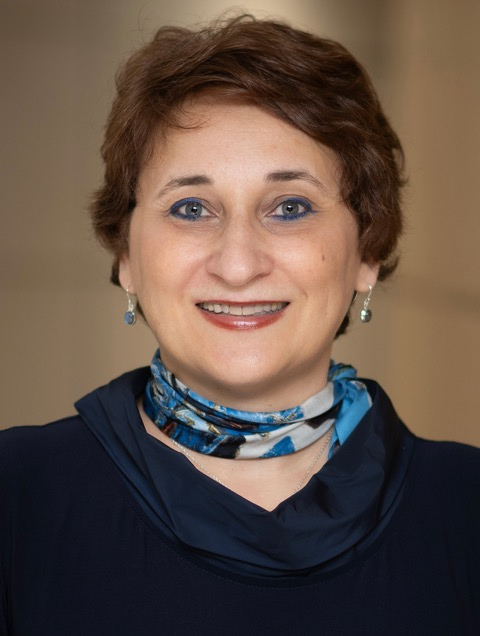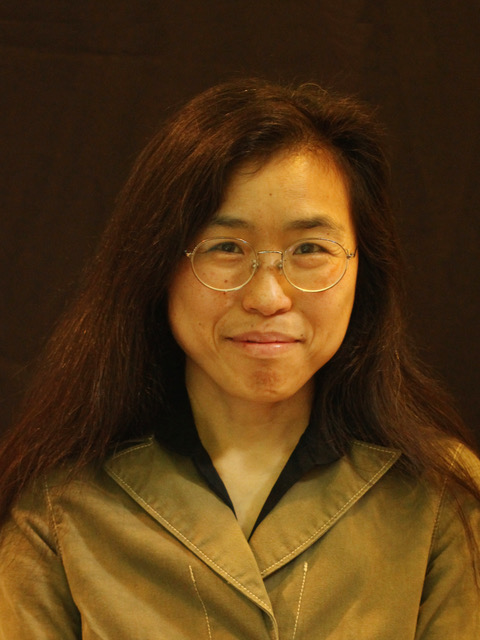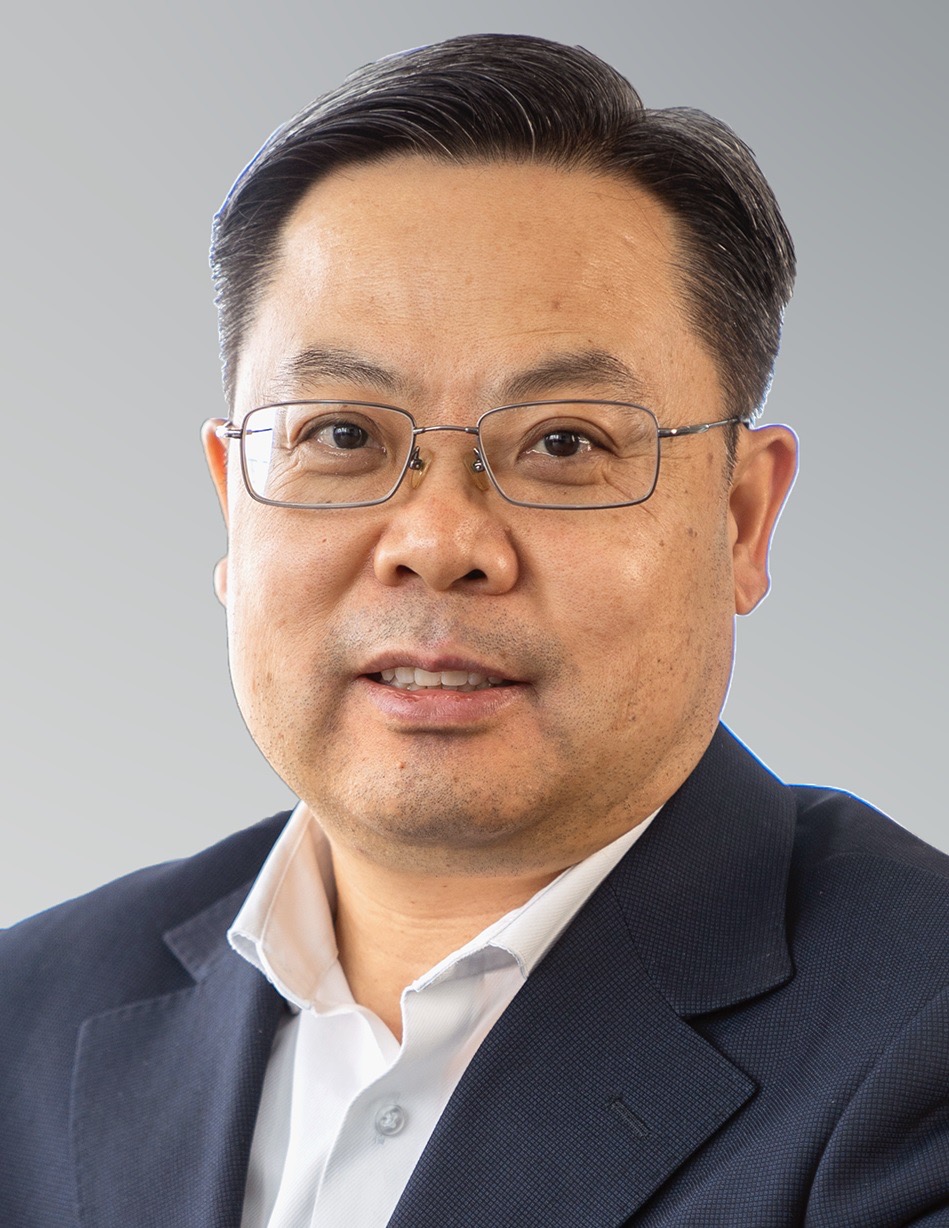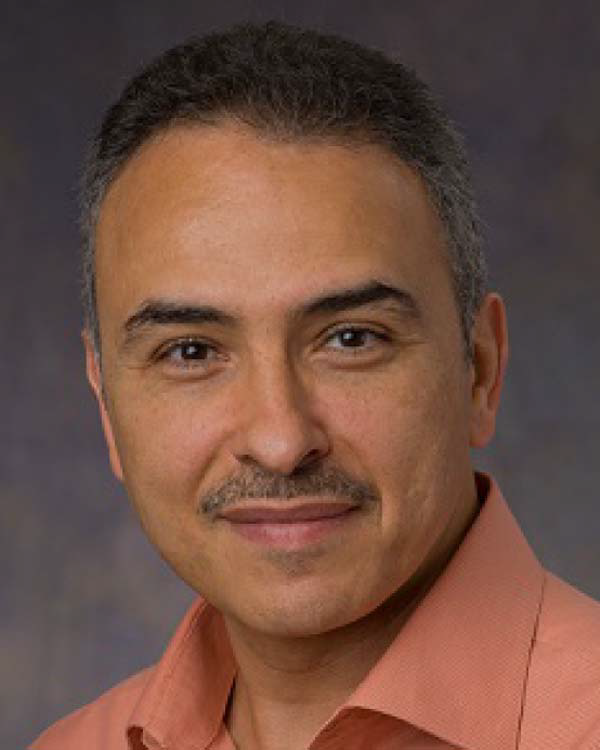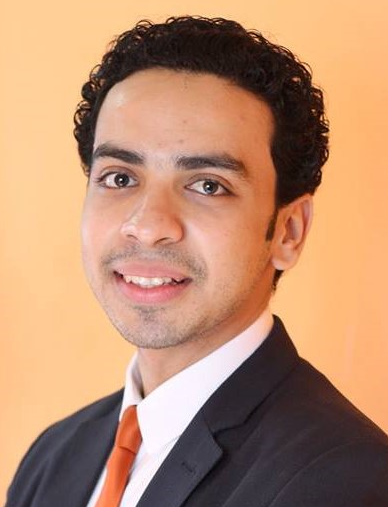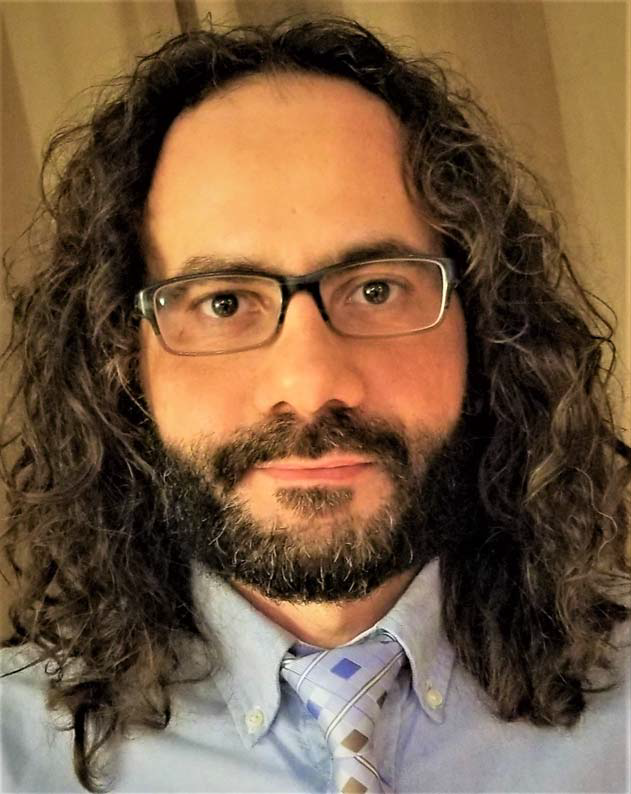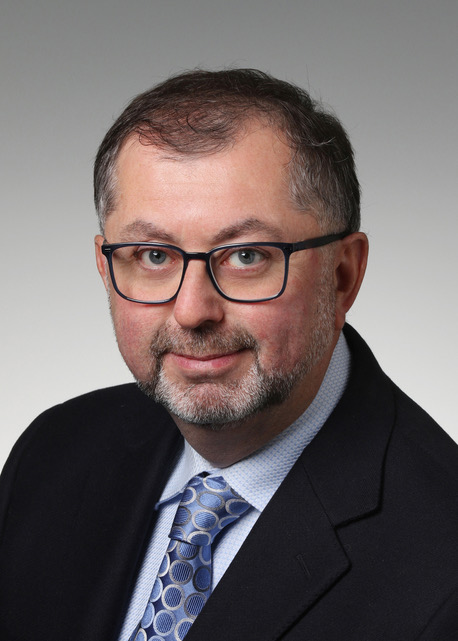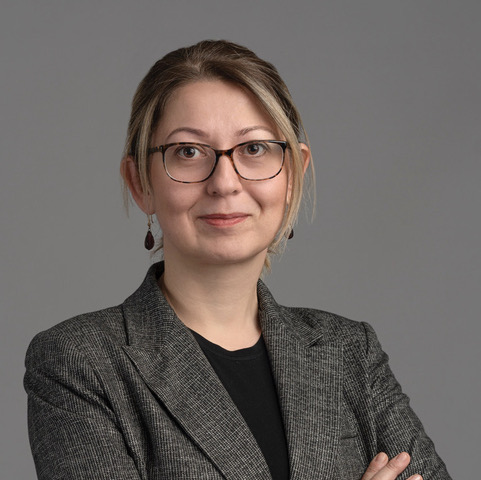Dr. Halim Yanikomeroglu
Biography:
Dr. Halim Yanikomeroglu is a Chancellor’s Professor at Carleton University, Canada, and the Founding Director of Carleton-NTN (Non-Terrestrial Networks) Lab. His research covers many aspects of communications technologies with emphasis on wireless networks. He is a Fellow of several scholarly societies, including IEEE, the Engineering Institute of Canada (EIC), the Canadian Academy of Engineering (CAE), and the Asia-Pacific Artificial Intelligence Association (AAIA); he served as a Distinguished Speaker for the IEEE Communications Society and the IEEE Vehicular Technology Society. He has coauthored 675 peer-reviewed research papers including ~330 papers in 31 different IEEE journals. He gives around 25 invited seminars, keynotes, panel talks, and tutorials every year. He has had extensive collaboration with industry which resulted in 41 granted patents and technology transfer. He supervised or hosted in his lab 165+ postgraduate highly qualified personnel. He served as the General Chair, Technical Program Chair, and Steering Committee Chair/Member of several major international IEEE conferences as well as in the editorial boards of several IEEE periodicals. He is currently serving in various leadership roles in the IEEE. Dr. Yanikomeroglu received several awards for his research, teaching, and service.
Dr. Gunes Karabulut-Kurt
Biography:
Dr. Gunes Karabulut-Kurt is a Canada Research Chair (Tier 1) in New Frontiers in Space Communications and a Professor at Polytechnique Montréal, Montréal, QC, Canada. She is the Director of the Poly-Grames Research Center, and is co-founder and Director of Education and Training of ASTROLITH, Transdisciplinary Research Unit of Space Resource and Infrastructure Engineering at Polytechnique Montréal. She is also an adjunct research professor at Carleton University, Canada. Gunes received the B.S. degree with high honors in electronics and electrical engineering from Bogazici University, Istanbul, Turkiye, in 2000 and the M.A.Sc. and the Ph.D. degrees in electrical engineering from the University of Ottawa, ON, Canada, in 2002 and 2006, respectively. She worked in different technology companies in Canada and Turkiye between 2005 and 2010. From 2010 to 2021, she was a professor at Istanbul Technical University. Gunes is a Marie Curie Fellow and received the Turkish Academy of Sciences Outstanding Young Scientist (TÜBA-GEBIP) Award in 2019.
Title:
The Role of NTN and LEO Mega-Constellations in the Future of Global Connectivity
Abstract:
Non-terrestrial networks (NTN) will arguably be one of the most prominent aspects of 6G. Many of the novel elements in the ITU 6G wheel diagram (ITU-R WP5D Recommendation Framework for IMT-2030), such as coverage, interoperability, sustainability, and resilience, can be directly associated with NTN. The concept of NTN encompasses distinct paradigms, including satellites, high-altitude platform station (HAPS) systems, and uncrewed aerial systems (UAS), each with its specific dynamics. Beyond providing connectivity, NTN is envisioned as a comprehensive framework integrating computing, edge intelligence, surveillance, security, sensing, monitoring, positioning, localization, navigation, and more. The realization of an ultra-connected, sustainable, reliable, resilient, intelligent, green, secure, and ubiquitous “network of networks” incorporating both terrestrial (6G and beyond) and non-terrestrial (space and stratospheric) components is expected to unleash humanity’s full potential across economic, social, and environmental dimensions. A key component of this vision is the emergence of low Earth orbit (LEO) mega-constellations, designed to comprise thousands of satellites, enabling global coverage and significantly reducing—if not eliminating—the digital divide. These revolutionary infrastructures have the potential to provide internet access to the most remote regions, fostering digital inclusion and socio-economic development on a global scale. Their integration with terrestrial networks is crucial to achieving seamless and universal connectivity. However, despite their promising advantages, these technologies also have challenges and potential drawbacks that must be addressed. Issues such as space debris management, spectrum congestion, latency variations, and regulatory complexities will be critically examined. The discussion will also explore the sustainability of LEO mega-constellations and the risks of dependency on private sector initiatives. This presentation will delve into the communication and networking aspects of LEO mega-constellations, their interplay with terrestrial and NTN architectures, and their deployment's advantages and disadvantages. Solutions such as distributed massive MIMO and HAPS-based cooperation will be explored as key enablers for optimizing network performance. The discussion will conclude with an analysis of open questions and future research directions, highlighting the ongoing evolution of NTN well into the beyond-6G era—exciting times indeed.
